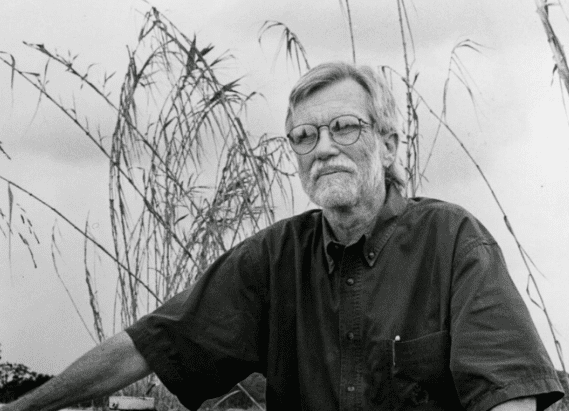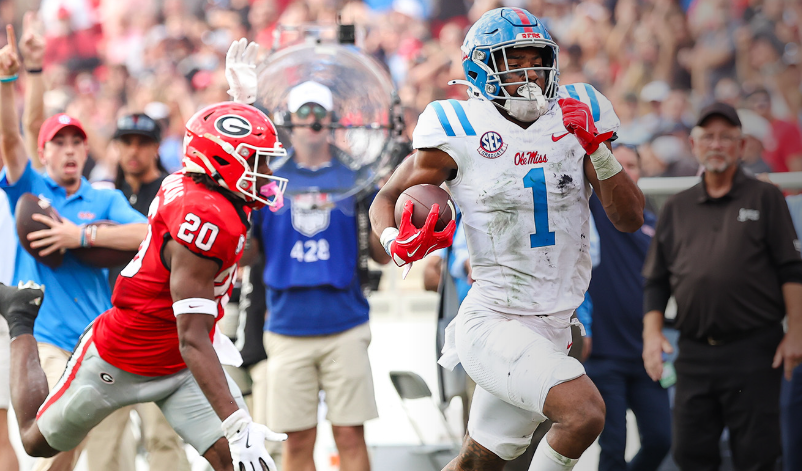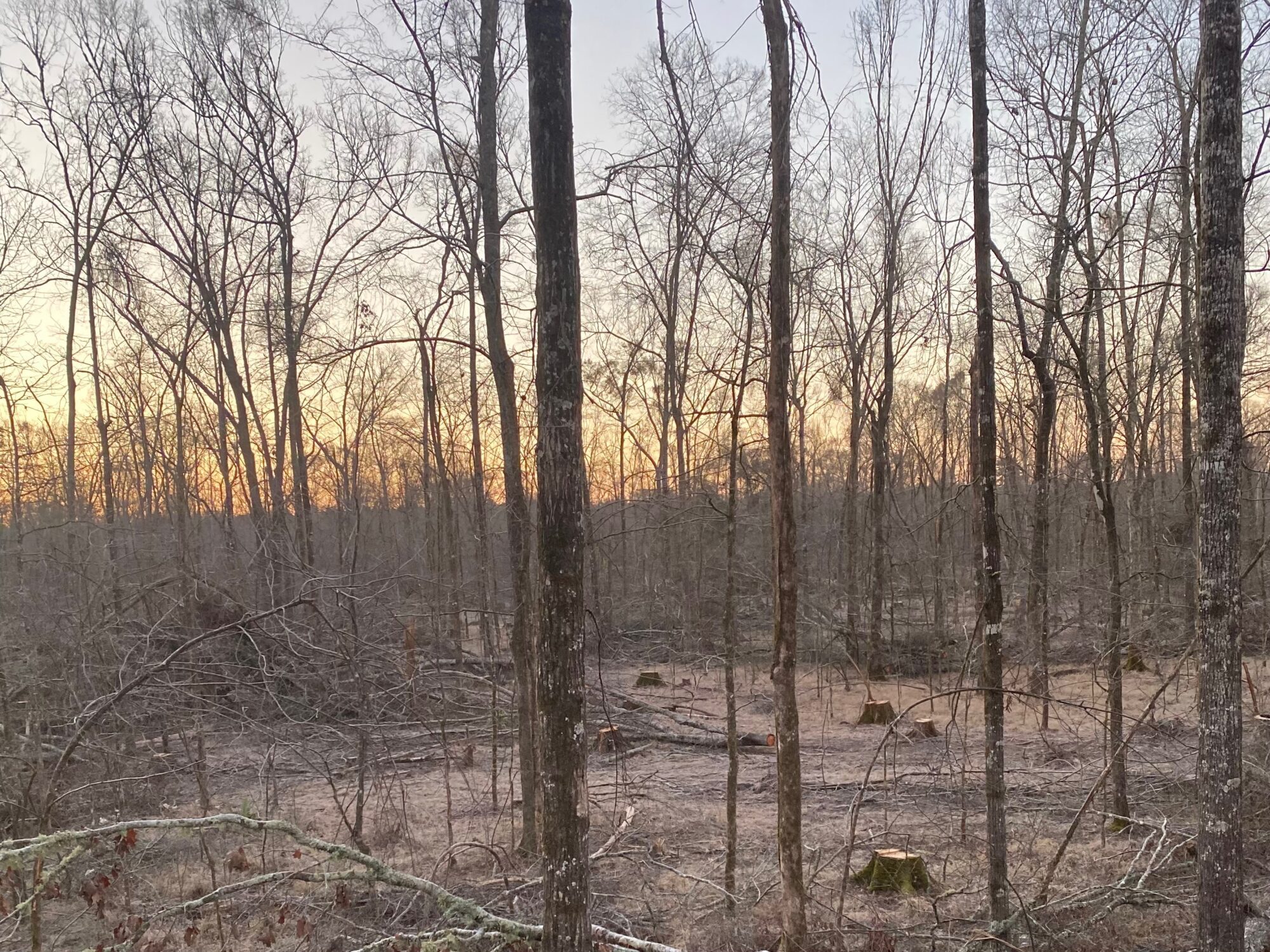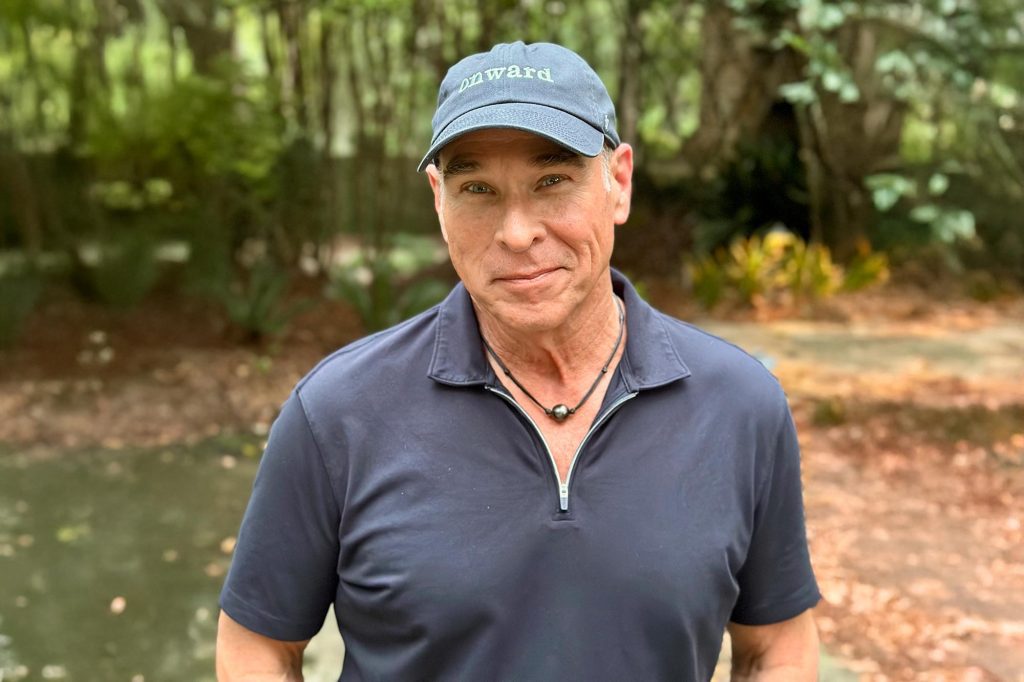
- His stories allowed outsiders to view Mississippi as both haunting and magical.
Lewis Alonzo “Buddy” Nordan was born August 23, 1939, in Forest, Mississippi. He grew up in Itta Bena, the background of his tragic, comedic, yet brilliant stories, which combine the ordinary and the extraordinary.
Loss and longing shaped Lewis’s early life, from the death of his father, Lemuel Bayles, when Lewis was only 18 months old, to his mother’s later marriage to Gilbert Nordan, a house painter who struggled with alcoholism. All left a troubled impression on Lewis’s imagination.
After serving in the Navy for two years, Lewis attended Millsaps College, where he met Mary Mitman, his first wife. They had three sons. One died in infancy, and one later took his own life, influencing Lewis in more unsettling ways. He earned his master’s degree from Mississippi State and a doctorate from Auburn University, pursuing his writing career in 1974.
His breakout short story, “Rat Song,” earned the John Gould Fletcher Award for Fiction from the University of Arkansas in 1977. From that point, Lewis began teaching creative writing and writing his stories. He became one of his generation’s most beloved Southern writers.
The rhythm and mood of his work no doubt sprouted from his Delta home, where fields spread forever beneath endless skies and the blues erupted from porches and juke joints. In an interview with author James Dickerson, Lewis said the cadence of his craft also came from the King James Bible and cheerleader chants.
Lewis’s work reflected the realities of his life through characters like Sugar Mecklin, who painfully resembles Lewis. Sugar’s stepfather is no doubt modeled after Lewis’s stepfather, Gilbert. Lewis once said he had written about wanting a father all his life.
The Impact of the Delta: Arrow Catcher and Beyond
The world first met Lewis’s unique vision in Welcome to the Arrow Catcher Fair (1983) and The All-Girl Football Team (1986). In Lewis’s fictional Delta town, Arrow Catcher, he perfects the absurd and philosophical through laughter and heartbreak. In Music of the Swamp (1991), readers experience the town through the eyes of young Sugar Mecklin, the character tied to Lewis’s childhood. Like Lewis, Sugar struggled with isolation, racial tensions, and alcoholism.
Lewis’s most acclaimed work, Wolf Whistle (1993), confronted Mississippi’s racial horror by reimagining the 1955 murder of Emmett Till from the white community’s perspective. Lewis continued to push boundaries with The Sharpshooter Blues (1995), a meditation on grief, firearms, and American violence, and Lightning Song (1997), a coming-of-age tale set on a llama farm. In 2000, he published Boy with Loaded Gun, a memoir blurring truth and fiction. He called it “a novel about Lewis Nordan.”
Writing About the South, But Not in the South
His stories were steeped in Mississippi, but Lewis felt he was a better Southerner outside the South. In 1999, the New York Times commissioned Lewis to write about the blues, so he traveled Highway 61, logging 3,000 miles in his car. He slipped into juke joints and rediscovered the power of the music and the changing face of the Delta and its blues. What he had remembered as the dirty little secret they listened to had become an institution.
Faulkner and Nordan: the Contrast
In comparing Lewis Nordan to William Faulkner, novelist Clyde Edgerton wrote in his short memoir “The Southern Underbelly: Remembering Lewis Nordan,” published in The Paris Review August 2012 issue, “When Mr. Faulkner turns loose, I sense the writer turning loose—all that rich, complicated history, and personal and family drama comes foaming up to the reader, courtesy of the writer. When Lewis turns loose, it’s so often a character turning loose—or it feels that way to me—the character’s syntax/idiom delivered so precisely it feels clairvoyant.”
Stand-out lines and phrases from Lewis’s novel Music of the Swamp are “There were happy days, with watermelon, and sad days of whiskey,” and “There is great pain in all love, but we don’t care, it’s worth it.” This moment in Music of the Swamp thumps to the beat of a sad song: “A thousand times, when the train slowed or stopped, I thought of jumping off. I wanted to die in a ditch. I wanted to disappear. I wanted a different history and geography. In rhythm with the wheels, I said I want I want I want I want I stayed on the train.” (Music of the Swamp, 1991)
“Maybe Lewis does his characters a little too well—and maybe that embarrasses any number of modern readers,” Edgerton speculated in his Paris Review memoir.
Lewis taught at the University of Pittsburgh until his retirement in 2005. He died in 2012 in Pittsburgh, far from the Delta that fed his imagination. His stories allowed outsiders to view Mississippi as both haunting and magical, reminding us that Mississippi is a contradiction – a wound and a wonder.











